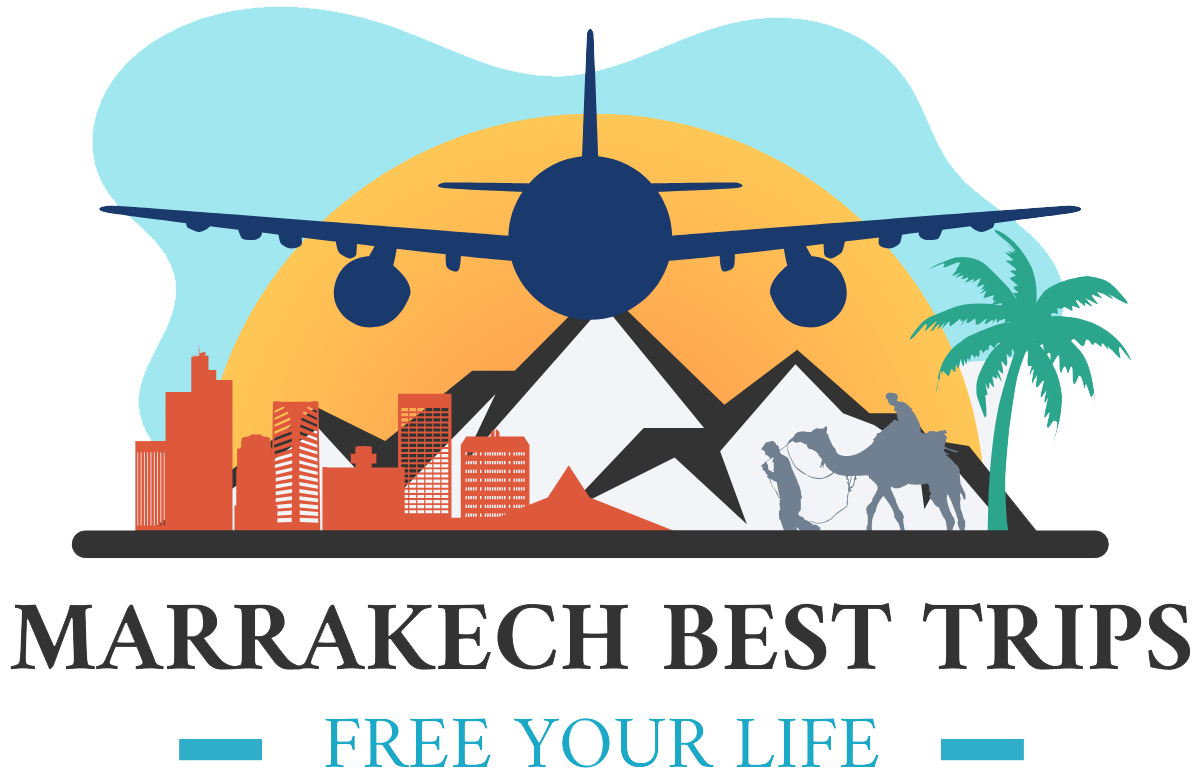FAQ's
Find answers to your questions before joining a tour so that you can find out exactly what you want to know. If you have more question please feel free to reach us via contact form.
It is highly recommended for anyone traveling to Morocco to obtain adequate medical travel insurance to cover any unforeseen circumstances. If you have any pre-existing medical conditions, you must disclose them in your travel insurance application. Additionally, it’s important to note that Morocco has both governmental and private hospitals available.
Morocco is a safe place to visit, and as a tourist, the chances of being assaulted or seriously hurt are low since the incidence of crime is minimal, consisting mostly of pickpocketing and scams. Currently, Morocco is considered a highly secure destination for travelers.
When traveling to Morocco, it’s important to keep in mind that it’s a Muslim country with specific dress codes for women. While you don’t have to dress like a local, it’s important to respect the culture and avoid attracting unwanted attention. As a female traveler, it’s recommended to wear loose clothing that covers your body appropriately.
Lorem ipsum dolor sit amet consectetur adipiscing elit, fringilla netus porttitor sodales varius bibendum vehicula, nibh velit donec lacus dignissim maecenas. Fringilla dictum sapien lacinia turpis sollicitudin placerat nunc elementum, netus metus auctor ultrices curae torquent quis curabitur cum, ac tristique neque nam nullam justo pharetra.
The safety of top water in Morocco is a topic that is often debated. Although locals usually consider it to be safe, visitors from other countries should drink bottled water because they may not be accustomed to the various germs present in the tap water.
In Morocco, it’s important to have Moroccan Dirham for everyday purchases even though some tourist spots accept Euros, US Dollars, and Sterling. You can obtain Dirham through bureau de change at airports, big banks, and hotels, or from cash machines that take most credit and debit cards in major towns and cities. However, bureau de change outside Morocco usually have unfavorable conversion rates, so using a debit card at an ATM is the simplest and cheapest method. Credit cards are often rejected in rural areas and small towns, and cash points are scarce. To avoid any issues, inform your bank beforehand if you intend to use your card. The Moroccan central bank establishes the value of the dirham, and some larger retailers accept Euros and British Pounds Sterling. In emergencies, traveler’s checks are useful, but it may take a while to cash them. You’ll need a currency exchange slip to exchange excess Dirham.
Don’t worry about finding delicious vegetarian cuisine in Morocco. Although meat is a popular main course, there are still plenty of tasty vegetarian options available. If you’re on a gluten-free diet, there is good news – Morocco now offers a wide range of gluten-free dining and shopping options. Marrakech, Casablanca, and Essaouira on the coast all have green markets, vegetarian and organic eateries, and gluten-free pastry shops to choose from.
In Morocco, Wi-Fi is generally accessible, but it may not always be reliable. Many places, such as cafes, restaurants, airports, and hotels/Riads, provide free Wi-Fi, but it is frequently necessary to buy a cup of coffee or a meal to use it. However, the main drawback of these free Wi-Fi hotspots is that the signal strength may be inconsistent and vary depending on the location.
Drones are not allowed to be imported in Morocco due to security reasons, as per the government’s regulations since March 2015. Therefore, drones are strictly prohibited in all places and at all times within the country’s borders. It is highly likely that any drones found during airport security will be seized.
To secure your reservation for a tour or activity, you can make a small deposit into our PayPal account or directly transfer the amount to our bank account. The remaining balance can be paid to your driver in cash on the day of the tour in euros or the equivalent amount in dirhams. We will provide you with our bank account details upon request.
SHARED TOURS: Payment can be made on the day of the tour to our staff in cash, and we accept Moroccan Dirhams, Euros, or Sterling. However, if you prefer to pay via PayPal, please note that an additional 5% processing fee and 20% VAT will apply. It is recommended to make the payment prior to the tour to avoid these fees.
PRIVATE & LUXURY TOURS: You can pay the remaining balance on the tour day in cash using Moroccan Dirhams, Euros, or Sterling. However, if you prefer to pay via PayPal, a 5% processing fee will be charged. We recommend that you make the payment before the tour to avoid this fee.
We accept payments in Moroccan Dirhams, Euros, and Sterling. You may refer to xe.com for currency conversion rates.
In case you don’t have a PayPal account, you can still make your payment through PayPal by providing your credit card details. All major credit and debit cards are accepted by PayPal. Please keep in mind that your credit card information is not shared with us by PayPal.
Once you confirm your booking, cancellation is an option. Please consult our Booking Terms & Conditions for the most current cancellation fees. We strongly recommend obtaining an All- Inclusive Insurance policy to ensure that your investment is safe!
